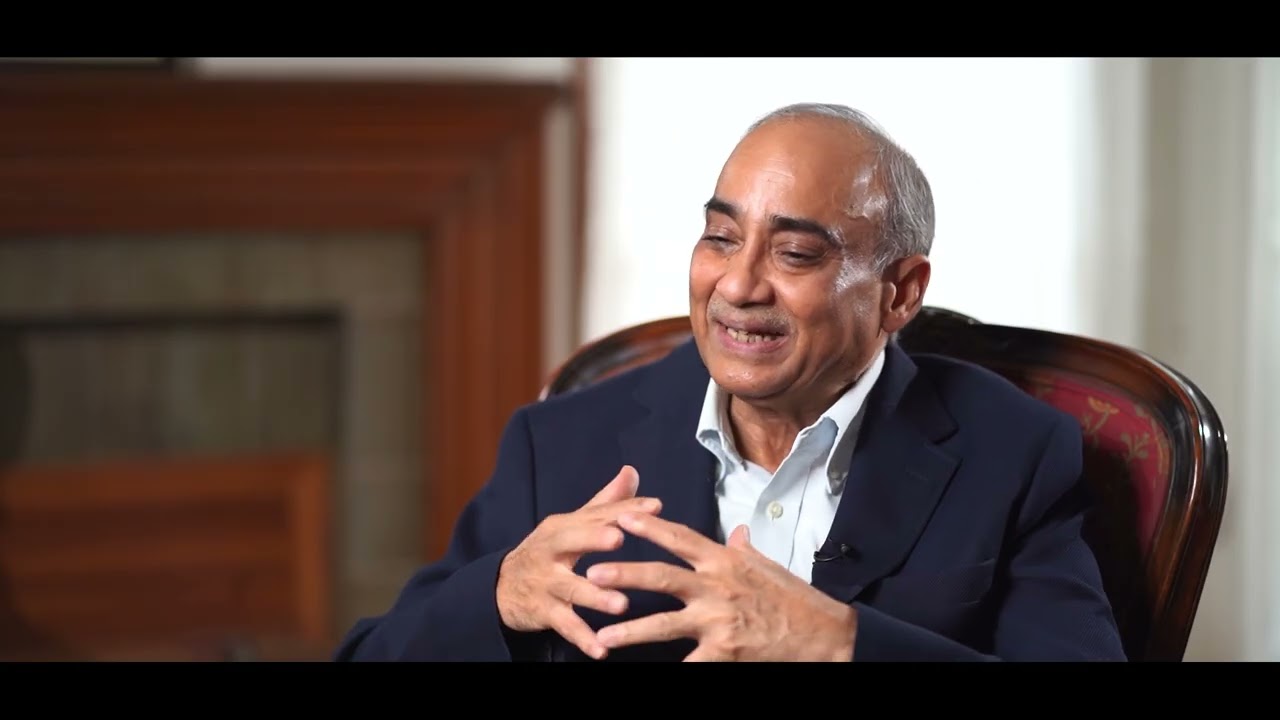Created by PARSA Trust, a Project ECHO Superhub based in Pakistan, this nine-minute documentary explores the ECHO capacity-building effort across the country to treat hepatitis C and transform the stressed health care system.
According to the Journal of Infectious Disease, Pakistan has the highest prevalence of hepatitis C in the world: roughly one in 13 people, or 7.5% of the population, are infected, and about 545,000 new people are infected every year. While treatment is 96% effective, only 22% of hepatitis C cases are diagnosed, and only 2% of cases receive treatment.
PARSA ECHO wanted to create a solution for hepatitis C care. “In my [gastroenterology] clinic, I began to see how you treat one patient, and they are replaced by two. You treat two patients, and then you have four. And on and on. We could not get to scale. People cannot afford care, and we could not reach everyone,” says Dr. Asad Choudhry, director of PARSA ECHO.
“When I met Dr. Sanjeev Arora and heard about Project ECHO, I knew immediately, this is what I need to do.”
Impact that Matters
Pakistan’s ECHO programs have reached more than 3,500 frontline health care providers, empowering a wide range of clinicians to access ongoing education and specialization in hepatitis C care, including those who would typically be barred from pursuing specialized fellowships.
“Since I’m female and married, while working as a general practitioner, I could not pursue specialization; which is why this program has been beneficial,” says Dr. Mishal Azam, a primary care physician.
Launched in 2017, PARSA ECHO has more than 15 curriculum tracks, a comprehensive faculty of international and local experts, and a network of physicians who have been able to treat an additional 100,000 patients across Pakistan because of the ECHO Model.
“Project ECHO is not limited to a particular disease. There’s not a field out there where the ECHO Model can’t be applied for improving patient outcomes,” says Osman Khalid Waheed, CEO of Ferazsons Laboratories, and a key funder of PARSA ECHO.
Learn more about PARSA ECHO on their website.
For their support of the “Journey” documentary project, PARSA ECHO would like to acknowledge PARSA ECHO Chairman, Sohail Akhtar; PARSA Trust CEO, CKD Agri; and their longtime partner and esteemed funder Osman Khalid Waheed, CEO of Ferozsons Laboratories Limited.

